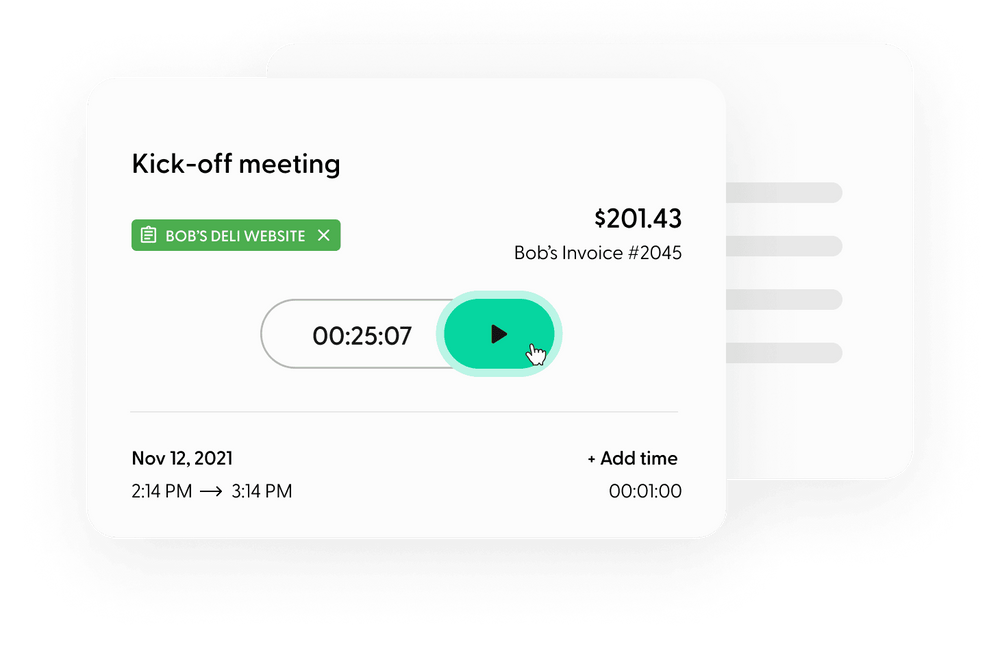Late fees can be a helpful tool for freelancers to ensure that they get paid on time. Having a late fee policy in place can also help make life a little easier by getting a little extra money for the extra time spent following up.
Developing a Late Fee Policy
There are a few important considerations to keep in mind when you’re developing a late fee policy. You want to make sure you’re maintaining client relationships by communicating beforehand so there’s nothing unexpected when it comes to late fees.
The second consideration is making sure that the late fee is legal. Most states have a limit of how much interest you’re able to charge clients around late fees. Knowing this amount is important in the process of setting a monthly interest rate.
How Much You Can Charge for Late Fees
The first place to start is looking up usury laws by state. This guide is a helpful tool in understanding what is the maximum amount you’re able to charge your clients. For example, in California, there is a maximum interest allowed of 10% per year. That breaks down to 83% in interest you’re able to collect per month.
If your client is several months past due, every month you can send them an updated invoice with how much they owe with a new amount based on the increase in interest rate.
Ensure your clients know there is a late fee
One important factor in maintaining client relationships is making sure that clients are aware of late fees before one is assessed to them. If adding a late payment fee is something that you’ve decided to initiate after a contract has already been assessed or when you’ve been working with a client for a longer period of time, make sure you have an open conversation with them.
Any relationship can easily be harmed by having an unexpected fee pop up. Maintaining expectations and having a conversation is the best way to protect a relationship and ensure you’re also getting paid on time.
When to Enforce a Late Fee Policy
Just because you have a late fee policy, doesn’t mean that you always need to implement it. Consider what’s going on for your client and if you have built up a trusting relationship with them. If your client pays on time every time, and they are late on one payment, I would consider sending a follow up email instead of immediately charging a late fee.
There are many reasons why companies don’t pay on time. Some of them are legitimate reasons why they were delayed - family crises, a global pandemic, while others are more ongoing and recurring and shouldn't be excused. Opening up a conversation with your client will help you determine whether or not you should enforce a late fee policy.
Late fees aren’t to gain additional money or benefit, but to provide a motivation to get paid on time.
What to Do to Prevent Late Payments
There are a few things that you’re able to do to help prevent late payments. The easiest is to send reminder emails that payment is coming up before the payment deadline. By following up consistently and regularly before and after the payment deadline can help remind clients. If you want to see some email templates that you can send to your clients, we wrote a whole article on How to Politely Ask for Payment.




